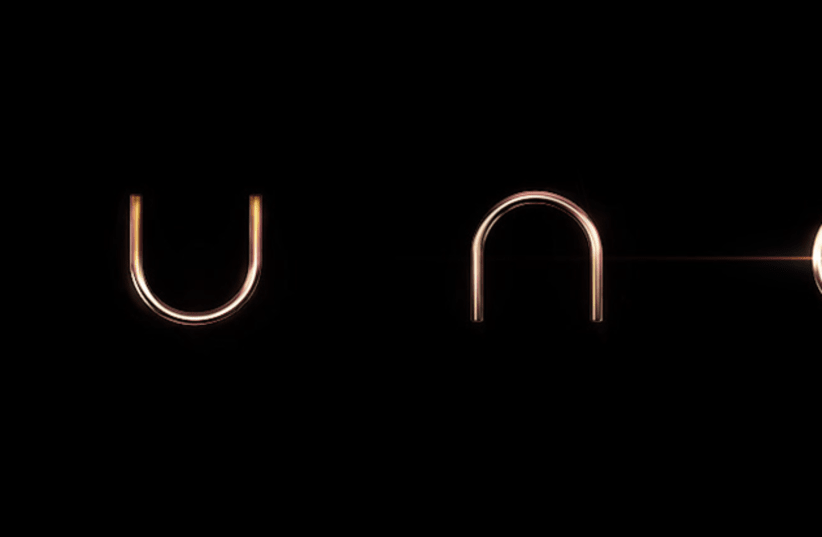Dune, a film based on the 1965 science-fiction epic by Frank Herbert, hit screens last Thursday. In recognition of the event, the Israel National Library blog published an interview with Dune's original Hebrew translator, Emanuel Lotem.
While originally working a day job at the Foreign Ministry, Lotem's true passion was– and remains– science fiction and fantasy. He is responsible for dozens of Hebrew translations, making him one of Israel's most prolific sci-fi/fantasy translators. He is also a founding member of the Israeli Association for Sci-Fi and Fantasy, serving as chairman between 1996-2001.
Lotem's translation of Dune, now over 40 years old, remains in publication. He was recently interviewed by Chen Malul of the National Library of Israel.
Malul began by asking Lotem about his career as a translator. Lotem explained that as a young man he had begun working at Tel Aviv University and wanted to make some extra income. A friend of his at the popular Israeli publishing house "Am Oved" introduced him to the world of translating, and he found himself drawn to sci-fi. In 1976, he was asked to translate Dune.
Lotem told Malul that when he received the request he was working at the "Center for Political Research and Planning," the Foreign Ministry's intelligence arm. He discovered that some of his workmates were sci-fi enthusiasts, and when he told them about Dune they immediately offered to help.
Lotem handed out assignments. One friend was responsible for finding all of the Hebrew verses from the Bible quoted in the book, and another tool upon herself to research the correct translation for certain concepts from the feudal era. Another friend decided to translate some of the terms in Arabic - which, he told Lotem, were not accurate in the book itself.
Lotem added that he had translated the book by hand, and had the secretaries at his office type the text in their typewriters.
Malul asked Lotem what he liked so much about the book.
"The psychological depth, the breadth, and the character design," he said. "In Dune, the reader follows their development, and as the book goes on can find more and more layers," he explained. "It is a masterpiece on Frank Herbert's part," he added.
When asked about the challenges he faced during the translation, Lotem explained that at the time he was not in contact with the authors and needed to come up with solutions on his own in order to reflect the book's depth.
"It is easy to be shallow and translate word by word, but if you want to do better and to show the book's psychological depth you need to work harder," he said.
One aspect of Dune, however, was the translation of mystical concepts, which hail from Jewish and Muslim traditions. There is even a person in the book defined as being a "Kefitzat Haderech," referring to miraculous travel between two distant places in a brief time.
Malul asked Lotem about fantasy and sci-fi's status in literature. According to Lotem, the Zionist founders were not interested in fantasy or sci-fi and saw them as a waste of time. However, since the beginning of the 2000s, the attitude towards them has been changing, and original Hebrew fantasy writers have begun to emerge.
When asked about the translation he was most proud of, Lotem did not hesitate.
"The Lord of the Rings and its sequels - including all of J.R.R. Tolkien's works," he declared.
"No one greater than Tolkien. I wish there would be but I'm not sure where it could come from. He is one author, special in his generation in every aspect. He for me is everything, and I was honored to be his Hebrew translator."

